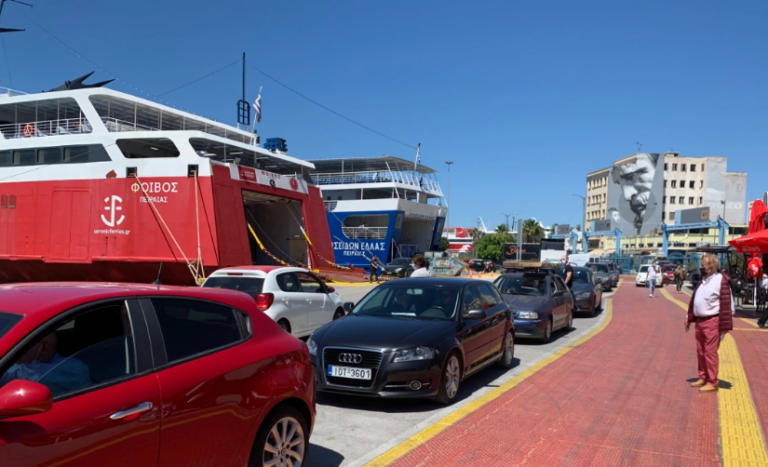The Ministry of Maritime Affairs has issued guidelines to maritime companies regarding the transportation of Alternative Fuel Vehicles (AFVs) by maritime vessels, aiming to ensure the safety of navigation and passengers. AFVs include purely electric or rechargeable hybrid vehicles and those using liquefied or compressed gases as fuel. These guidelines, based on a study by the European Maritime Safety Agency (EMSA) and international experience, require AFV drivers boarding ferries to adhere to certain precautions.
The 21st international simulation conference of the United Nations, ThessISMUN, at PAMAK
These include checking accumulator temperatures and limiting charging levels for electric vehicles, and ensuring fuel tanks do not exceed 50% capacity for vehicles using alternative fuels. Passengers must promptly inform the ship’s crew of any alarm indications from their vehicles. Loading AFV vehicles with fuel supply system malfunctions is prohibited, with owners solely responsible for ensuring the system’s integrity. The Ministry priorities human safety at sea and aims to facilitate the safe transportation of AFVs without obstructing their movement to islands. AFV drivers are urged to comply with the guidelines for safe sea travel.
Ask me anything
Explore related questions





